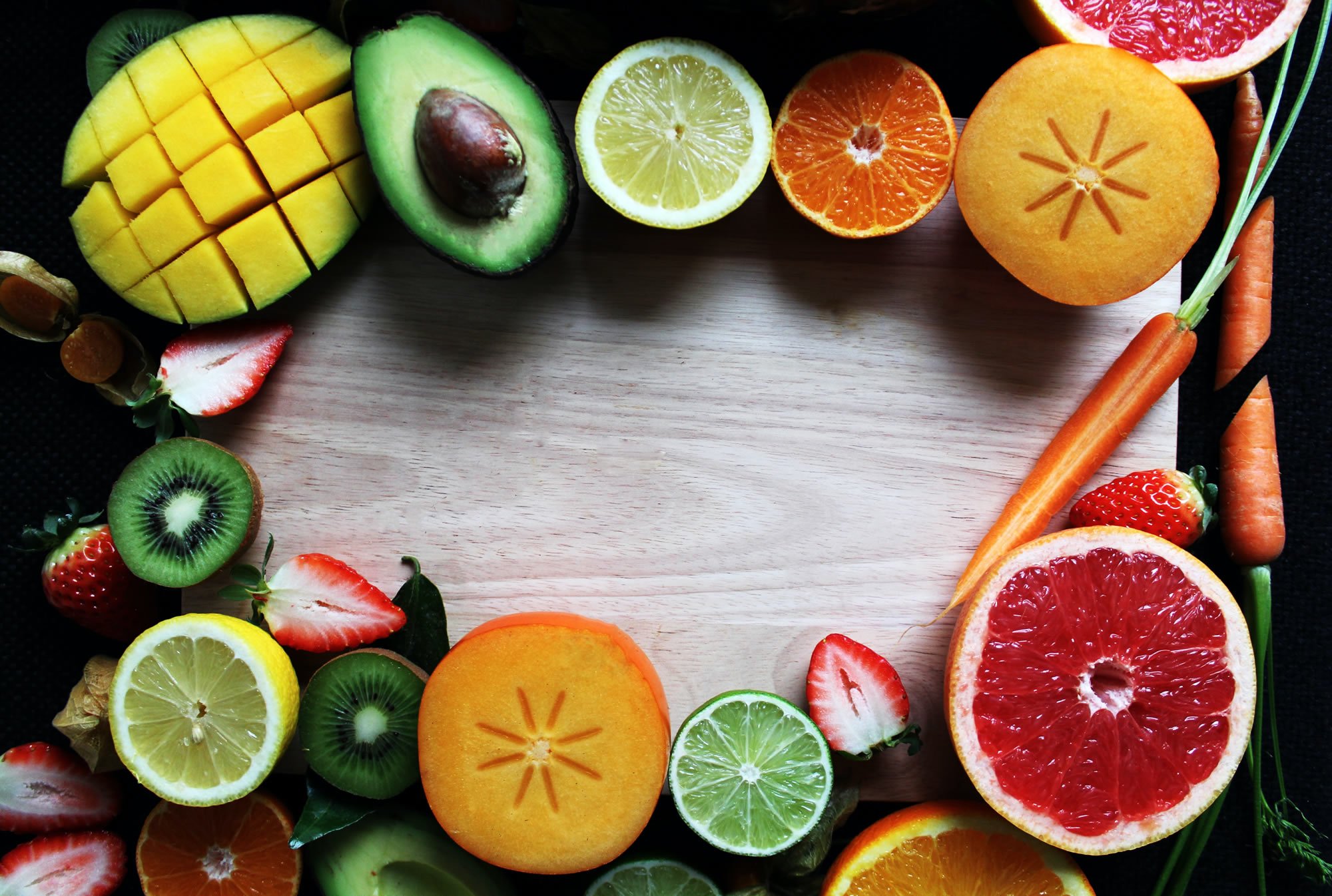
The Four Pillars of Nutrition
Fulfill Your Body’s Nutritional Needs & Fuel Positive Health Outcomes
What Are The Four Pillars of Nutrition?
The Four Pillars of Nutrition is a framework designed to fulfill your body’s core nutritional needs while fueling positive long-term health outcomes by preferring a greater array of nutrient-dense foods.
These are not the only foods you can eat. Rather, these are foods to gradually and consistently begin preferring more of in your day-to-day routine, in order to reach your goals and experience a wider range of health benefits.
Tap the + Icon to Explore the Pillars
-
LEAN MEAT
Foods include: Chicken breast, turkey breast, ground meat (90/10 or 93/7 lean/fat), cuts of beef or pork (with ‘tip’, ‘top’, ‘loin,’ or ‘round’ in the name), and more.Lean meat is dense in nutrients such as: Protein, D3, B12, vitamin A (Retinol), creatine, carnitine, carnosine, heme iron, docosahexaenoic acid (DHA), eicosapentaenoic Acid (EPA), taurine, and many others.
SEAFOOD
Foods include: Fatty fish (i.e. herring, mackerel, salmon, sardines, trout, tuna, etc.), white fish (i.e. catfish, cod, haddock, pollock, tilapia, whiting, etc.), shrimp, scallops, and others.Seafood is dense in nutrients such as: Protein, omega-3 fatty acids, vitamins D and B2 (riboflavin), calcium, phosphorus, iron, zinc, iodine, magnesium, potassium, and many others.
DAIRY (LOW-FAT & NON-FAT)
Foods include: Eggs, kefir, low-fat cottage cheese, low-fat milk, low-fat Greek yogurt, part-skim ricotta cheese, and more.Dairy is dense in nutrients such as: Protein, calcium, phosphorous, vitamins A, B2, B12, and D, potassium, zinc, choline, and many more.
-
FRUITS
Foods include: All fruit (including avocados). Choose fresh or frozen most often.Fruit is dense in nutrients such as: Fiber, calcium, folate, iron, magnesium, potassium, sodium, vitamins A and C, and many more.
VEGETABLES
Foods include: All vegetables (including beans, lentils, and legumes). Choose fresh or frozen most often.Vegetables are dense in nutrients such as: fiber, potassium, folate, iron, vitamins A and C, and many more.
-
WHOLE GRAINS
How to select: First, look for the whole grain stamp. If the product does not have the whole grain stamp, look for the word “whole” in the ingredient list. If the word “whole” is not found, the food may still contain whole grains if it is made from brown rice or other colored rice, oatmeal, wheatberries, bulgur or cracked wheat or wild rice. Fun fact, popcorn is a whole grain.
Foods include: Barley, bulgur (aka cracked wheat), farro, millet, quinoa, black rice, brown rice, red rice, and more.Whole grains are dense nutrients such as: Fiber, vitamins A, B1, B2, B3, B6, B9, and E, iron, copper, zinc, magnesium, selenium, and many more.
-
NUTS
Foods include: Almonds, cashews, pistachios, walnuts, pecans, macadamia nuts, Brazil nuts, hazelnuts, peanuts, and more.Nuts are dense in nutrients such as: Fiber, fatty acids, protein, vitamins E, B3, B6, B12, magnesium, zinc, plant iron, calcium, copper, selenium, phosphorus, potassium, and many more.
SEEDS
Foods include: Flaxseeds, chia seeds, hemp seeds, sesame seeds, pumpkin seeds, sunflower seeds, and more.Seeds are dense in nutrients such as: Fiber, fatty acids, protein, vitamins A, B, C and E, calcium, magnesium, potassium, zinc, iron, selenium and manganese.
Why The Four Pillars Work
Your body requires a wide array of nutrients ranging from macronutrients to micronutrients, including: carbohydrates, protein, fat, vitamins, and minerals.
Consuming foods from each of the four pillars delivers these essential nutrients, which nourish the body and fuel metabolic processes and positive health outcomes.
The Four Pillars of Nutrition is not a diet. Rather, it’s a framework from which to begin (or continue) preferring more foods in accordance with your body’s needs and your individual health goals.
This Is Not a Diet.
IT’s Nutrition.
Need Guidance On What This Means For You?
We’re here to help.

